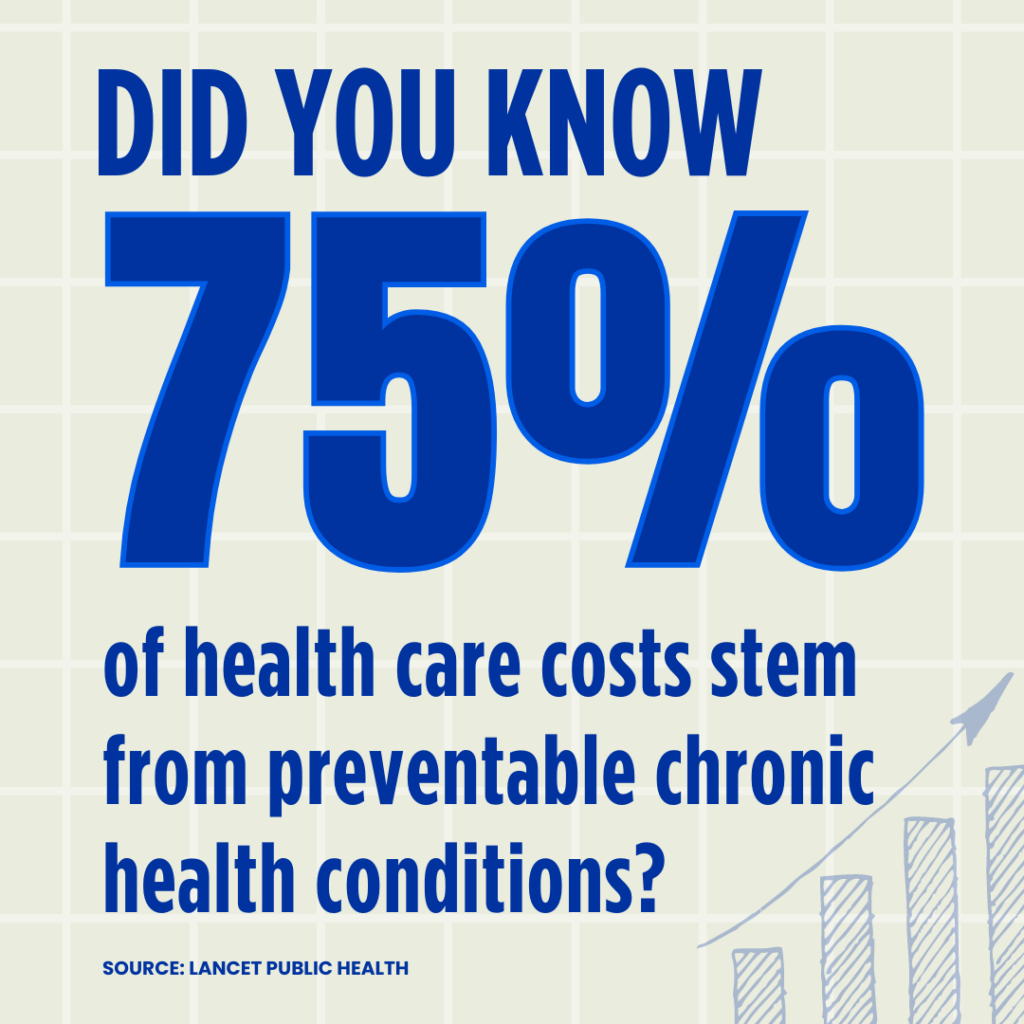Are you constantly seeking strategies to optimize the health and productivity of your workforce? One increasingly popular approach is implementing biometric screenings. These screenings offer a window into personal health, providing invaluable insights that can guide individuals toward healthier lifestyles. Let’s explore why biometric screenings are indispensable components of workplace wellness programs.
Understanding Biometric Screenings
Biometric screenings are a type of health assessment that gathers physical measurements and biometric data to evaluate an individual’s health status. These tests typically include measurements such as:
- Blood pressure
- Cholesterol levels
- Blood sugar levels
- Body mass index (BMI)
- Waist circumference
Tests for blood cells (anemia), blood chemistry (kidney function) and thyroid function can also be included on the biometrics panel.
Unlike comprehensive medical exams, biometric screenings are quick, convenient, and noninvasive, making them easily accessible to employees either at the workplace or through local health clinics.
Beyond Wellness Strategy
It’s essential to distinguish biometric screenings from mere wellness strategies. While some employers may integrate them into broader wellness programs, biometric screenings primarily serve the purpose of:
- Establishing a baseline of employee health
- Providing employers with valuable data to assess changes in employee health over time
- Enabling tailored wellness initiatives more effectively
Biometric Screenings for Baseline of Health
One key benefit of biometric screenings is their ability to establish a baseline of health for employees. By identifying individual health metrics, employers can gain insights into the overall health of their workforce. This baseline serves as a reference point for tracking changes and improvements in health status, allowing employers to intervene early if any concerning trends emerge.
Identifying Health Risks

Did you know that 75% of health care costs stem from preventable chronic health conditions? These costs are considered preventable because lifestyle change and professional support can significantly change condition severity, progression, and status. A biometric screening may be the first step in identifying a possible health condition.
Biometric screenings are instrumental in identifying potential health risks among employees. Elevated blood pressure, cholesterol, or blood sugar levels can indicate underlying health conditions such as:
- Hypertension
- Diabetes
- Cardiovascular disease
- Anemia
- Decreased kidney function and
- Thyroid function
Early detection of these risks enables employees to implement targeted interventions, such as lifestyle modifications or medical interventions, to mitigate health risks and prevent more severe health issues down the line.
Detecting Health Unknown Conditions
In addition to identifying known health risks, biometric screenings can uncover unknown or asymptomatic health conditions that could be life-threatening if left untreated. For instance, high cholesterol or abnormal blood sugar levels may indicate undiagnosed conditions requiring medical attention. By detecting these conditions early, employees can receive timely medical care, potentially saving lives and reducing health care costs associated with advanced disease management.
Promoting Well-Being
One of the most significant benefits of biometric screenings is their positive impact on employees’ attitudes toward their well-being. A positive screening result can motivate individuals to adopt healthier lifestyle choices, such as:
- Improving diet
- Increasing physical activity
- Seeking regular medical check-ups
By fostering a culture of health and wellness, employers can boost employee morale, engagement, and overall satisfaction with their workplace environment.
Biometric screenings are more than just routine health checks; they are powerful tools for promoting employee health and well-being in the workplace. Employers who provide employees with access to these screenings demonstrate their commitment to prioritizing health and fostering a supportive work environment. Embracing biometric screenings as a cornerstone of workplace health programs can yield long-term benefits for employees and employers.
Connect with our team of occupational health experts to learn more about our customizable biometric screening services and how to increase employee satisfaction, productivity, and your bottom line.
Give your employees access to the best so they can feel their best. With Bon Secours Mercy Health Occupational Health, your employees will receive care from one of the largest health systems in the nation, offering quick, seamless connections to all the care they’ll ever need.
Bon Secours Mercy Health is a nationally renowned health system that offers a full spectrum of health care specialists and services. Our Mission is to strengthen the health of our communities, which means keeping your employees and your bottom line as healthy as possible.
Contact Us
Visit our local markets below to learn more about how our Occupational Health Services can strengthen your employees and your business.







